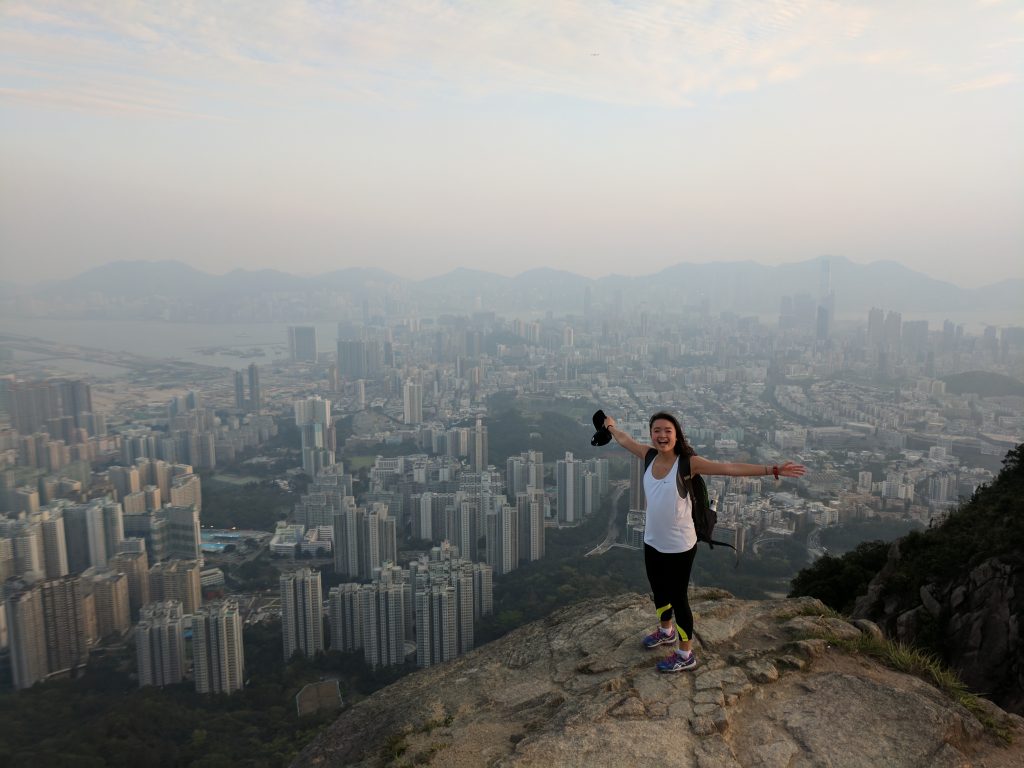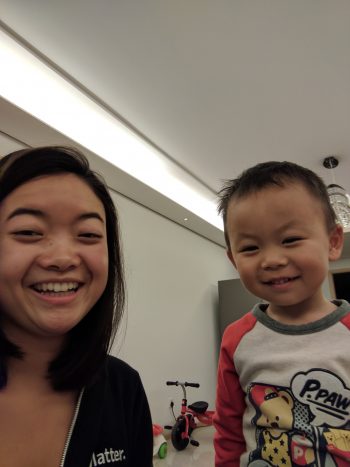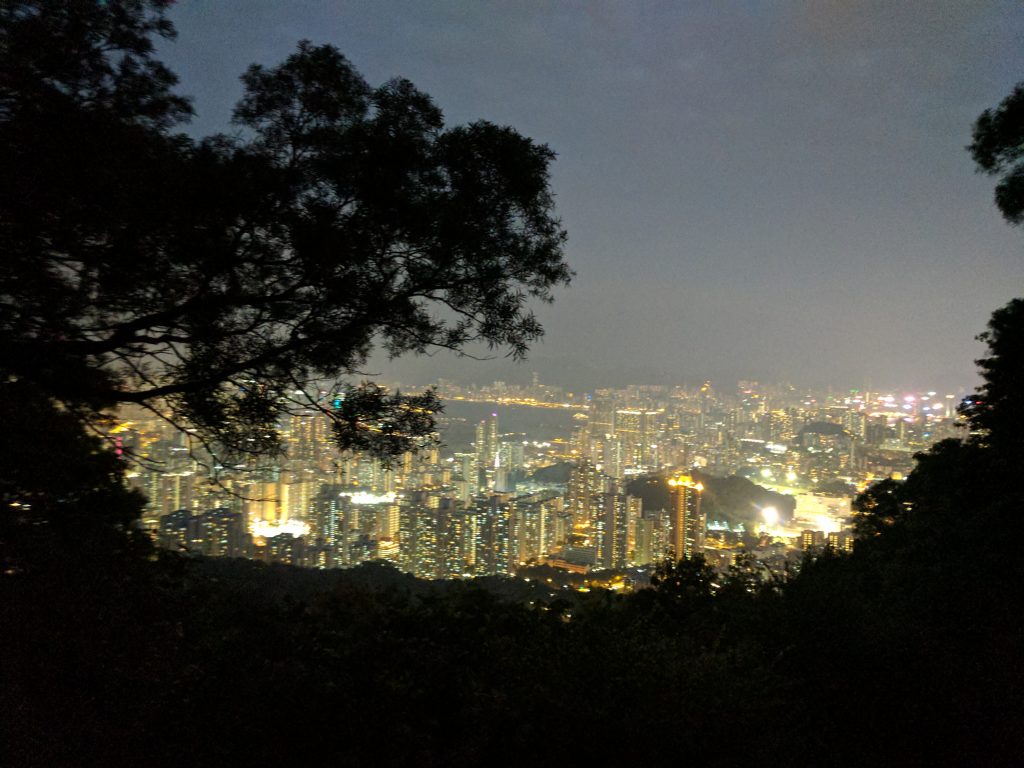About 24 hours after my last final exam, I was on a plane back to the United States. Another 24 hours after that, I was eating dinner with my family in the Massachusetts house where I grew up. The quick turnaround left me questioning whether the whole Hong Kong adventure was even real. But then I look through my photos and see visual evidence that yes, it did happen.
I’m in the process of figuring out how the past semester will fit into my life. Am I a completely different person? How do I share this experience with people who weren’t there? Do I need to throw all my memories into a cardboard box labelled “that time you lived in Hong Kong”? I’m definitely not a completely different person, but of course there have to be changes, as anyone would be changed after trying out a new lifestyle.
I’ll start with the word “exchange.” In the U.S. and at WashU, we always use the phrase “study abroad.” But this term focuses on the individual–one person leaving her home country to go somewhere else for her education. I like the idea of an “exchange student” because it conveys the message that you are there to both give and receive. Going on exchange is an opportunity to share your stories and learn from others. One of my favorite memories from the semester is drinking Turkish coffee with other exchange students, two from Turkey. They taught us about how we could read our fortunes by analyzing the shapes left by the coffee grounds. There’s also an app (so modern!) where you can submit a photo of your coffee cup and provide personal demographics; 10 minutes later, voila: here is what your future holds.
From my side, I had the opportunity to share both my American and Chinese upbringings. Learning Mandarin as a kid was always a nuisance, but in Hong Kong, the skill helped my friends and I navigate interactions at restaurants, with cab drivers and with the front desk monitors in our dorms. Even though Cantonese is the primary language spoken in Hong Kong and sounds like a completely different language from Mandarin, knowing how to speak Mandarin definitely helped in situations when a local resident didn’t understand English. These instances made me feel proud of a side of my identity that I haven’t always been keen to expose, but a side that I’m now eager to learn more about and share with others.
The world feels smaller because I know more about it. My abroad friends are scattered all over right now, as we separated at the end of the semester–to return home, to continue traveling or to remain in Hong Kong. Countries that I used to memorize for map quizzes or only knew from history class are now places that I can’t wait to visit because it would mean seeing the places and cultures where my friends grew up in. Reading world news holds more significance after taking a course on U.S.-China Relations and because I understand the impact that these developments have on people I have personal connections with.
At the same time, the world feels larger. More than anything, this whole experience has confirmed my desire to travel more and to live abroad at some point in my life. The question now is: where to next?


